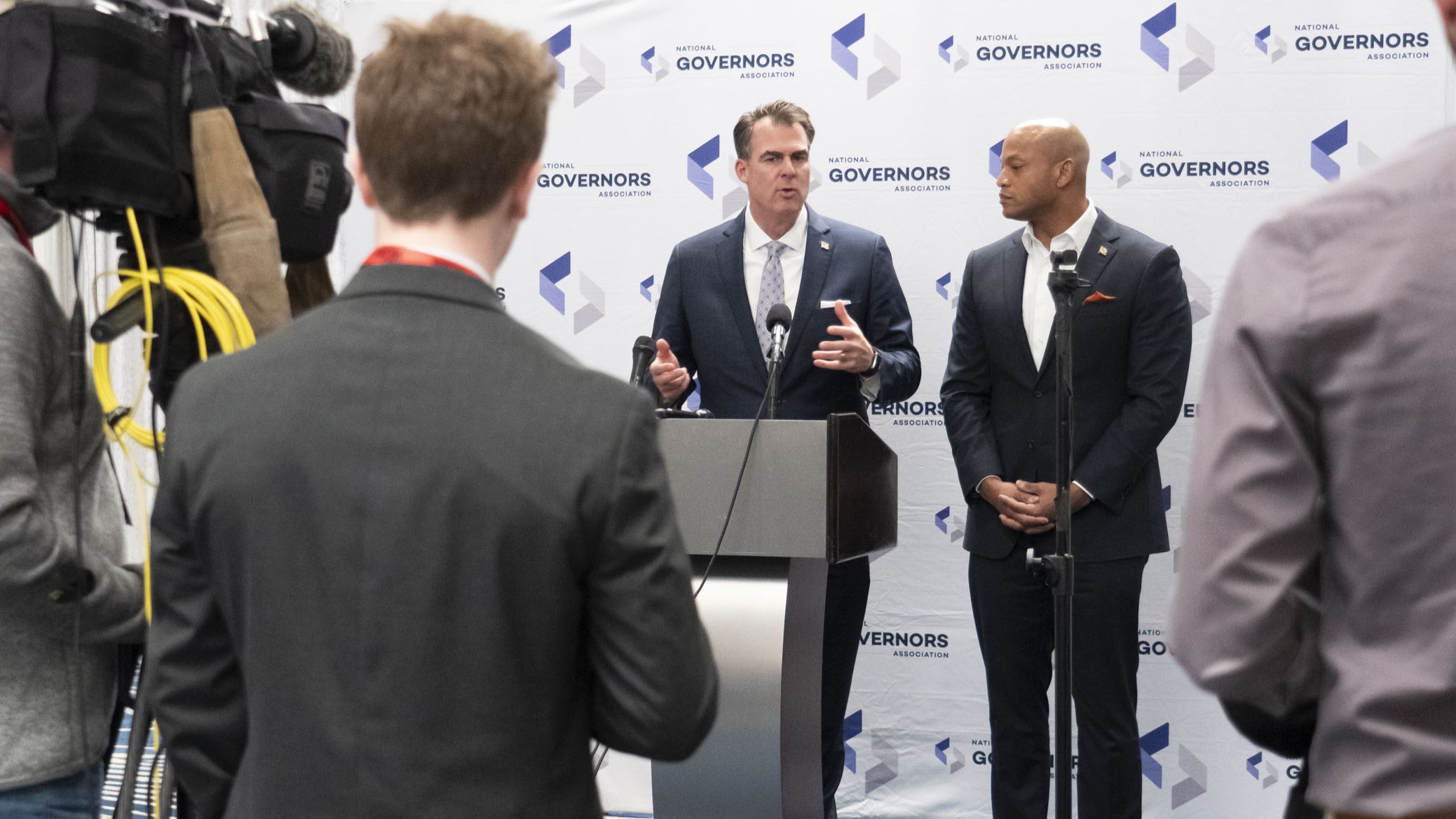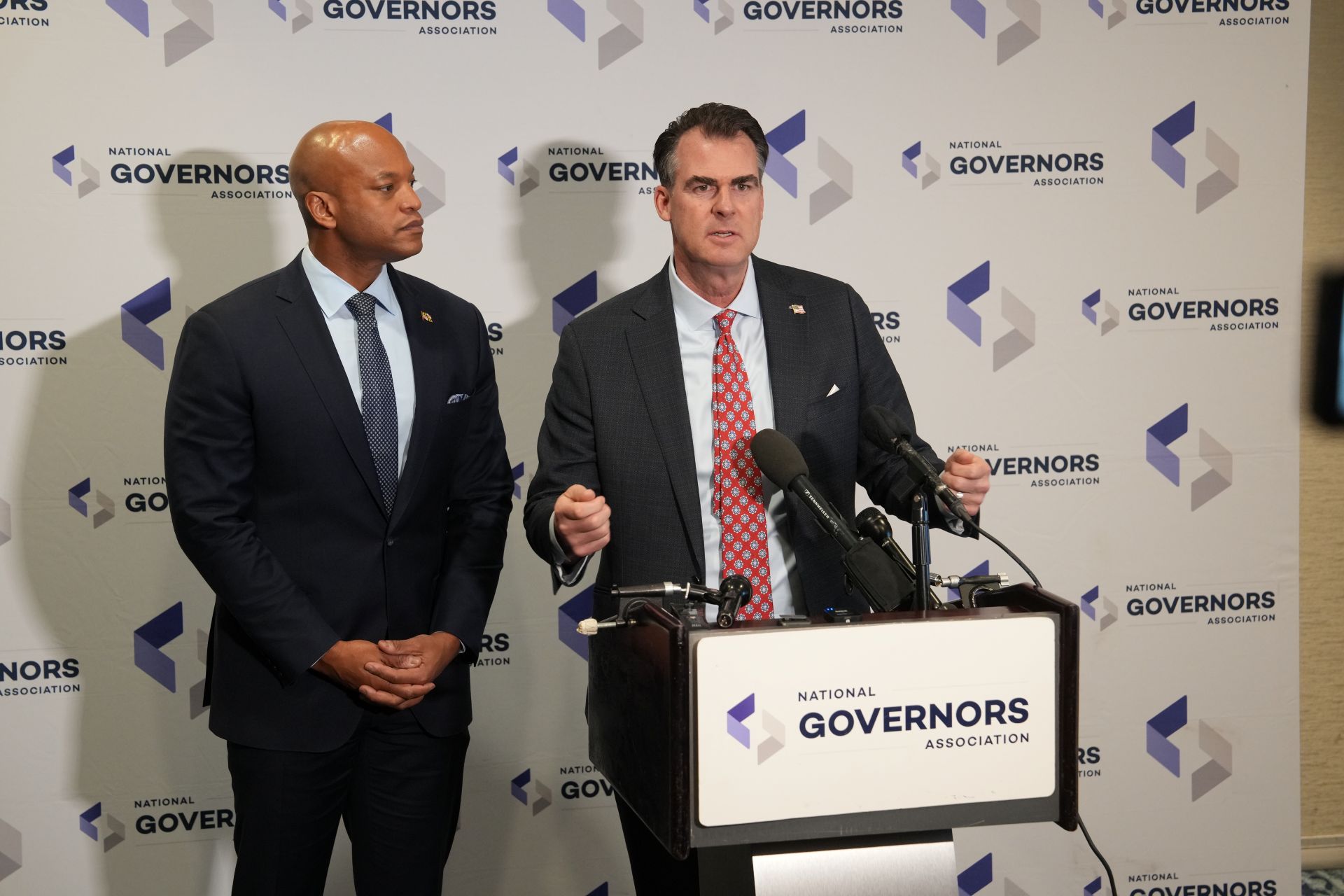As Many Consumers Face Unexpected Medical Costs, Governors Advance and Explore Strategies
Many consumers face unexpected and often crippling medical bills. A 2018 Kaiser Family Foundation consumer survey found that 39 percent of respondents said that they had received an unexpected medical bill. Of those, 41 percent of bills exceeded $500.
States are at the forefront of addressing surprise medical bills. The National Governors Association (NGA) has released a white paper that outlines steps that governors can take, such as supporting strategies that prohibit out-of-network providers from sending surprise medical bills, limiting consumer financial responsibility for these bills, and establishing a process for determining reimbursement.
The white paper is a result of NGA’s health division (NGA Health) convening state officials from California, Colorado, Delaware, Florida, Maryland, Missouri, New Hampshire, New York, Oregon, Pennsylvania, Tennessee, Utah, Wisconsin and Washington, as well as national experts, researchers and representatives from health plans, providers, hospitals and consumer groups at two roundtable discussions in October and November 2018. NGA Health is one of the five policy divisions of NGA’s Center for Best Practices.
In the white paper, NGA Health noted that the chief executives of states are uniquely positioned to work with state lawmakers and other stakeholders to protect consumers from the high costs associated with surprise medical bills. States have been out in front with surprise medical billing protections, offering a wide range of approaches and learning from one another.
At least 27 states have enacted some form of surprise billing legislation, with 11 states enacting legislation since 2017, including six states that enacted legislation in 2019.
Earlier this year, NGA’s advocacy division released principles for federal action to address health care costs. In those principles, NGA called for Congress to take action by establishing a baseline level of protection for all consumers against surprise medical bills, including individuals in Employee Retirement Income Security Act plans, while giving states flexibility to have requirements above the federal baseline. Congress has introduced legislation to address this issue.












